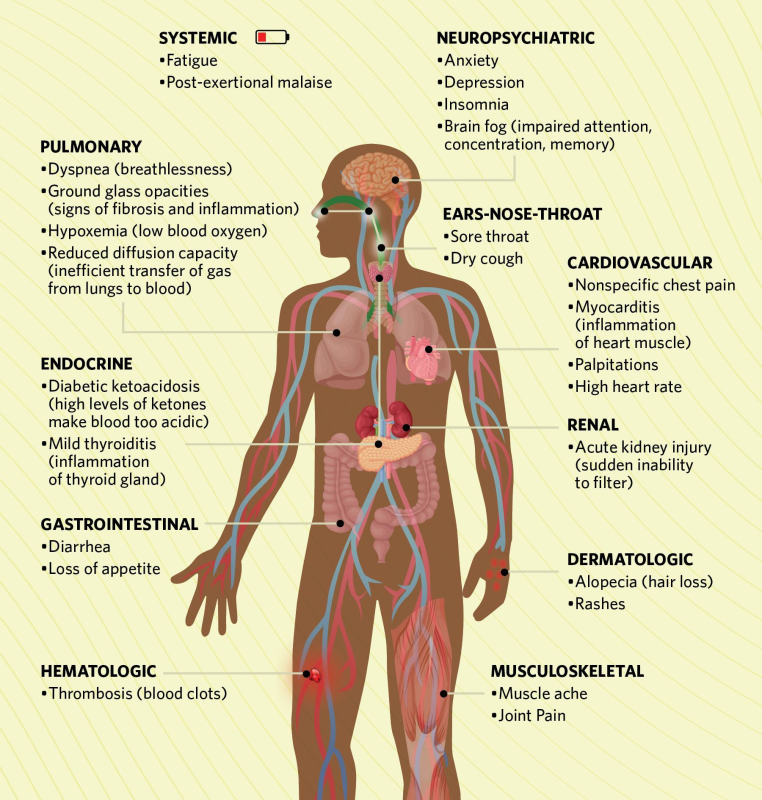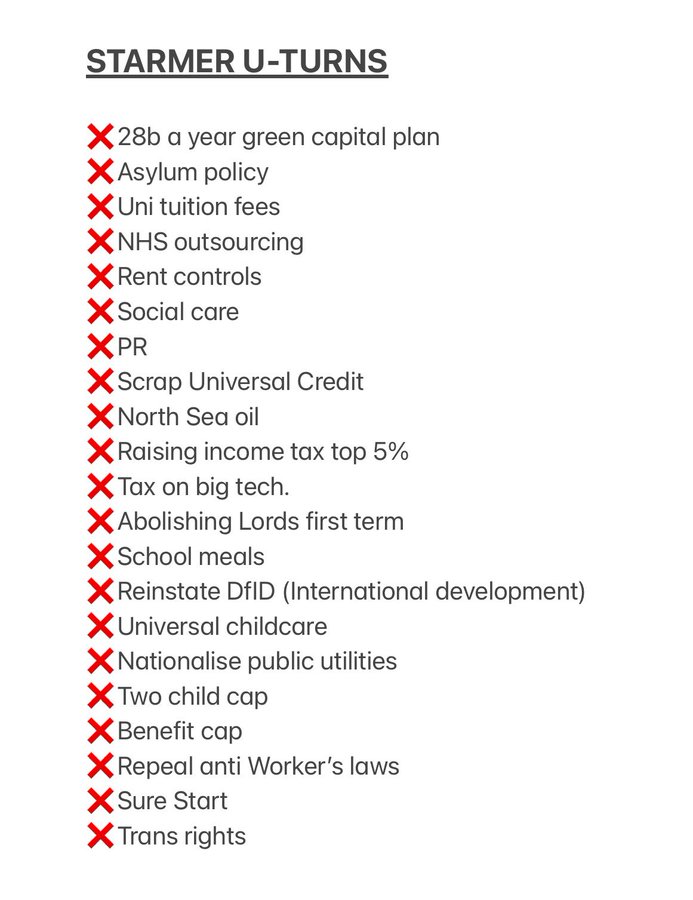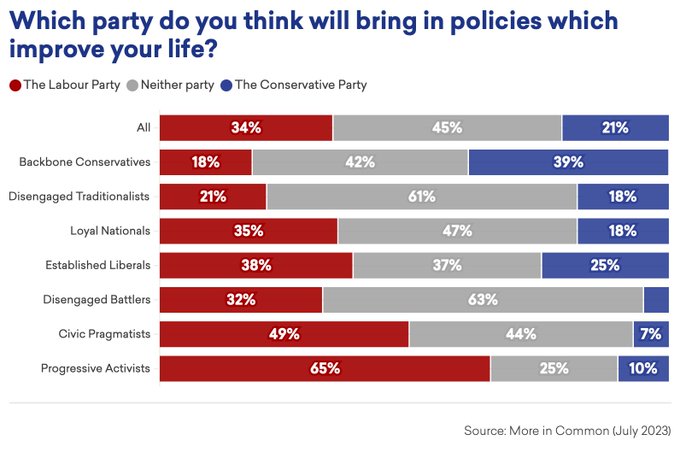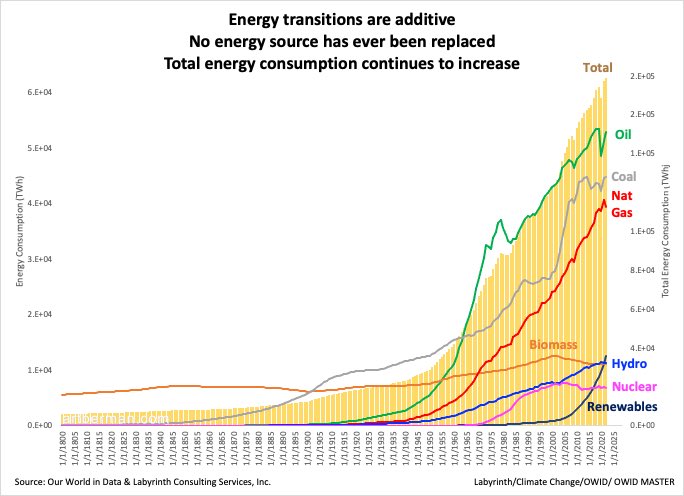Another “quick takes” in which I make brief comments on pieces I think are worthy of note, but am not going to write a full article on.
One of the policies I’ve promoted is criminal charges for environmental crimes, rather than just fines, which are simply treated as a cost of business and don’t take money from the executives responsible. Seems at least one country is doing so.
Violating China’s environmental policies can lead to real punishment. In March 2021, four major steel mills in Hebei were caught falsifying records to evade carbon emission limits; the next year, dozens of executives responsible were sentenced to prison.
It’s worth remembering just how good the media is at making people hate and fear the enemy of the day. They did it to Iraq, to Russia and to China.
There’s been a fair bit of bad economic news out of China recently (which I intend do a fuller post on), but one piece cuts both ways. A huge decrease in exports means that China’s customers (the West, to a significant degree) are buying less and it’s not just because of sanctions. China is now the world linchpin economy, much as the US was in 1920s–the industrial power exporting to other countries. We all know how the 20s ended.
China’s exports in July were down 14.5% year on year, far worse than expected, to $282 billion, although it is worth noting that in July 2022, China recorded its highest monthly levels of exports in history.
Meanwhile, the Covid pandemic is not over. Our elites know this: they want us back in offices, but protect themselves.
“Anybody who meets with the president does indeed get tested. I do, we all do”
The problem with Covid isn’t so much the deaths, though that’s bad, it’s the damage it does to people, even to people who don’t appear to have Long Covid. This picture and article summarizes some of Covid’s sequelae.

Fun stuff.
Extra fun is that some school districts have a financial incentive to keep sick kids in school.
The superintendent also noted a financial impact. If the current 90% daily attendance rate rose to 95% — which it was pre-pandemic — the result, he said, would be $300 million more in state funding, which is largely based on attendance.
Carvalho spoke on a day when he took part in two home visits in North Hollywood with students who had poor attendance last year, including an eighth-grader who missed 40 days of school. Her mother, Marissa Garcia, said both of her daughters had trouble keeping up with studies during the pandemic and also adjusting once school resumed. But the single mother said she and her daughters would redouble efforts to get the most out of school.
Back early in the pandemic, when they wanted to send children back to school, I wrote multiple articles saying this would be a disaster, because children are illness sponges. Not only are they not immune to Covid damage, they spread disease, as all parents and teachers know.
In totally predictable news, we now have proof of the obvious. “More than 70% of US household COVID spread started with a child, study suggests.”
A fun article is the one claiming no one knows why working age people are dying more from “non Covid.” Perhaps you can figure it out.
No one knows precisely what is driving the phenomenon, but there is an inexplicable lack of urgency to find out. A concerted investigation is in order.
Deaths among young Americans documented in employee life insurance claims should alone set off alarms. Among working people 35 to 44 years old, a stunning 34% more died than expected in the last quarter of 2022, with above-average rates in other working-age groups, too.
Covid has all sorts of weird side effects. More car accidents, for example, which when you look at that Sequelae graphic, rather makes sense. A lot of damaged people are driving and driving badly.
The cost of auto insurance soared 16.9% from a year ago Car insurers lost on average 12 cents for every dollar of premium written in 2022, the worst performance in more than 20 years, according This is partially due to an increase in accidents
Enough Covid fun. Off in Britain, the UK continues its slide to 3rd world status. Start with this lovely list of Labour leader Keir Starmers continued retreat from his promises when elected leader of the party.

And “progressives” continue to slurp it up, ensuring Britain’s decline and the left’s irrelevance.
 And that’s our week’s quicktakes. Mostly bad, but at least China is jailing some climate criminals. Remember, most importantly, that Covid is not over and that you don’t want to get it, and if you’ve had it, you don’t want to get it again.
And that’s our week’s quicktakes. Mostly bad, but at least China is jailing some climate criminals. Remember, most importantly, that Covid is not over and that you don’t want to get it, and if you’ve had it, you don’t want to get it again.
This is a donor supported site, so if you value the writing, please DONATE or SUBSCRIBE.



 And that’s our week’s quicktakes. Mostly bad, but at least China is jailing some climate criminals. Remember, most importantly, that Covid is not over and that you don’t want to get it, and if you’ve had it, you don’t want to get it again.
And that’s our week’s quicktakes. Mostly bad, but at least China is jailing some climate criminals. Remember, most importantly, that Covid is not over and that you don’t want to get it, and if you’ve had it, you don’t want to get it again.